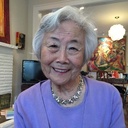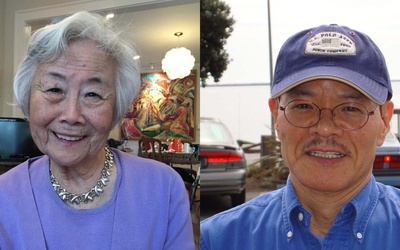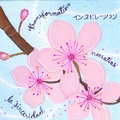
Suma Yagi
Born in Seattle, Washington, in 1927, Suma (Kato) Yagi was 15 years old when she and her family were forced to leave Seattle due to Executive Order 9066. Her family was sent to the Puyallup Assembly Center, then to the Minidoka concentration camp. Her family returned to Seattle at the end of World War II and she completed her senior year of high school. She married Takeo Yagi, who she met in the camp and they raised four children. Although being sent to Minidoka had a profound impact on her, she shared little of her experience with her children until well after she retired. She took a poetry writing course through the University of Washington Distance Learning program. That course and subsequent courses at the University of Washington and the Richard Hugo House opened up the world of poetry to her. Through poetry, Suma found a hidden voice that allowed her to share her previously suppressed emotions of being uprooted from her home and being put behind barbed wire. She was compelled to share her experiences so that what happened to her does not happen again.
A compilation of her poetry titled, A Japanese Name: An American Story, was published in 2016.
Updated February 2017
Stories from This Author
Homeland
Feb. 16, 2017 • Toshi Washizu , Suma Yagi , traci kato-kiriyama
This month we feature Suma Yagi, an 89-year-old Nisei based in Seattle whose family was sent to Minidoka during World War II, and Toshi Washizu, a filmmaker originally from Japan who is now based in San Francisco. In light of the commemoration of Executive Order 9066 and the 75th anniversary since its signing on February 19, 1942, their poems are somewhat sobering reads in the context of 2017 and all the reasons we look back in order to take stock …



